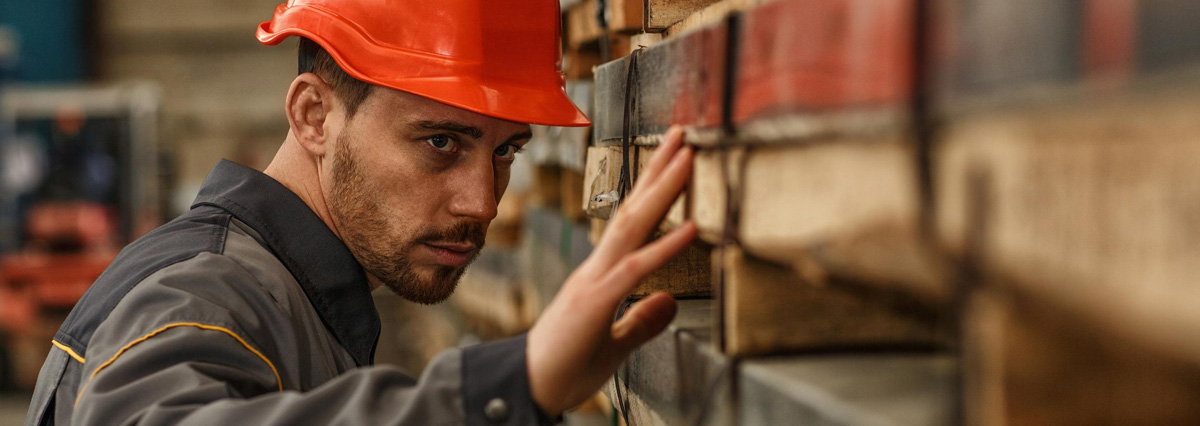Last week, the long-awaited pension reform bill passed the first lower house vote with more than the 60% majority needed (379 in favor, 131 against). Its current version could save the government around USD250bn over ten years. Brazil spends 13% of GDP on social security, above the 8% average in the G20, and 8.6% only on pensions. Three lessons can be drawn from this vote: (i) the bill is less ambitious than initial government plans, as it does not include states and municipalities, which will need to pass their own pension reforms for their civil servants. It also abandons the shift to a capitalization system (individual savings accounts). (ii) We are far from definitive adoption: we expect the bill to be watered-down further after amendments and when the bill then goes to the Senate after the summer recess. (iii) A successful vote would clear the way for tax reform and privatization. The president’s Chief of Staff, Onyx Lorenzoni, announced a figure of BRL1.5tn (~USD400bn) in investment opportunities as part of the concessions and privatization program being prepared by the government.















